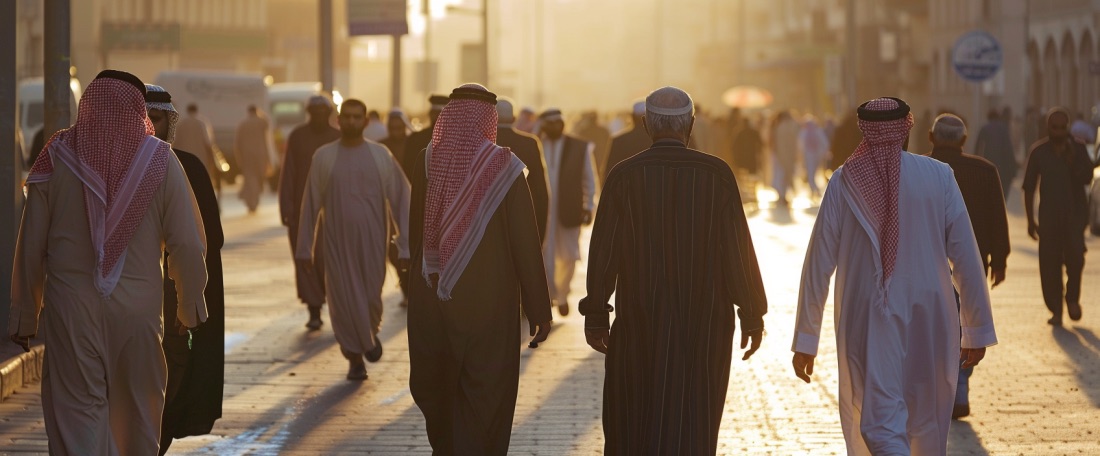The Transformative Journey of Hajj: A Spiritual and Psychological Experience
The pilgrimage of Hajj, symbolizing the completion of the fifth pillar of Islam, offers a unique opportunity for personal growth and transformation. It fosters virtues such as patience, resilience, endurance, solidarity, and cooperation, which can have a lasting impact on an individual’s life even after completing the pilgrimage.
Fulfilling Obligatory Acts with Sacrifice and Commitment
Before embarking on the journey to Saudi Arabia, many pilgrims sell valuable possessions like properties and homes to fulfill this mandatory act of worship. Abeer Al-Jasser, a Syrian pilgrim from Deir Ezzor, expressed her long-awaited anticipation to perform Hajj. She emphasized her dedication to meticulously fulfilling all Hajj rituals in the hopes of gaining renewed strength and a fresh perspective on life.
Spiritual Enlightenment and Inner Peace
Abeer described the pilgrimage as a profound spiritual opportunity that brings believers closer to God, deepening their faith and providing a sense of tranquility and peace. The act of performing rituals during Hajj is viewed as a chance for individuals to cleanse themselves of sins, offering psychological relief and liberation from past burdens.
Witnessing this profound sense of brotherhood, with people from all over the world united for one purpose, is a deeply moving experience.
Abeer Al-Jasser, Syrian Hajj pilgrim
Psychological Benefits and Personal Growth
Hajj not only has positive effects on health, family, and community but also encourages self-reflection, goal-setting, and personal development. It instills values of cooperation, altruism, respect, and humility, while discouraging selfishness. Pilgrims often experience deep inner peace and satisfaction that lingers long after they return home.
Hajj as a Psychological Journey of Healing and Renewal
Psychological consultant Abdulrahman Al-Zahrani highlighted the positive psychological impacts of Hajj, describing it as a roadmap for Muslims to reassess their relationships with God, their community, and their families. He emphasized that the pilgrimage offers a historical opportunity for spiritual healing and conscience cleansing, providing pilgrims with a temporary escape from worldly concerns.
Learning Patience, Resilience, and Unity
The challenges faced during the journey of Hajj, along with the act of performing rituals in potentially arduous conditions, teach pilgrims valuable lessons in patience and resilience. The values of cooperation and solidarity learned during Hajj have a significant impact on daily life, fostering a sense of unity and brotherhood among diverse groups of Muslims.
Embracing Gratitude, Compassion, and Understanding
The pilgrimage offers pilgrims a chance for deep reflection, potentially leading to fundamental changes in their mindset and life perspective. Witnessing the hardships faced by others deepens gratitude and appreciation, while participating in Hajj with a diverse group of Muslims fosters mutual understanding and cultural tolerance, building bridges of respect and brotherhood.
Inspiring Positive Change and Community Impact
Upon returning from Hajj, many pilgrims are inspired to make positive changes in their lives and communities. They often engage in charitable work, helping others and embodying the values instilled during the pilgrimage. The experiences of equality and unity among people of different backgrounds encourage them to uphold and promote the human values advocated by Islam.

